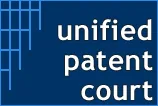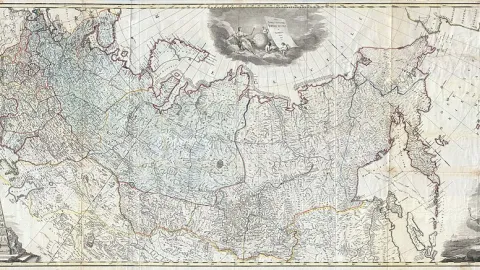Member States will sign Declaration to clear way for preparatory phase Unified Patent Court
October 28, 2021
Even though the United Kingdom is expressly mentioned in the Protocol for Provisional Application (PPA) of the Unified Patent Court Agreement as one of the states that has to give its support to the PPA, this is not seen as a stumbling block for the entry into force of the Protocol by the member states of the Unitary Patent project.

According to the Declaration, article 3 of the PPA (where the UK is mentioned alongside France and Germany) is to be interpreted as mirroring article 89 of the UPCA. ‘The delegations supported the approach proposed by the Chairman, hence giving him the mandate to organize a signing ceremony of the Declaration, foreseen in the margins of a future COREPER meeting.’
Article 89 states the UPCA ‘shall enter into force (…) on the first day of the fourth month after the deposit of the thirteenth instrument of ratification or accession in accordance with Article 84, including the three Member States in which the highest number of European patents had effect in the year preceding the year in which the signature of the Agreement takes place (…).’ Before the Brexit, these three Member States would have been France, Germany and the UK, which is the reason why they were mentioned in article 3 of the PPA.
According to a report of the UPC Preparatory Committee, the Declaration is 'in line with public international law', but it doesn’t elaborate. That is very unfortunate. Not only is the UK mentioned expressly in the PPA, also London is mentioned as location of one of the sections of the UPC’s central division in article 7(2) UPCA. As can been seen in the comments below a recent post on this blog, among others, the proposed solution to get the Unitary Patent project started without the UK is highly controversial. As ‘Concerned Observer’ wrote, for instance:
‘I can understand the train of thought (I hesitate to call it “logic”) in attempting to rely upon Art. 89(1) UPCA to solve the problem with the PAP. However, interpreting “the United Kingdom” to mean “Italy” does not help to solve the issue with Art. 7(2) UPCA, which instead refers to “London”.
In any event, this train of thought is, or at least by all rights ought to be, heading into the buffers. The very reason that drafting and ratification of a new UPCA is not on the table is that all of the UPC’s proponents want to avoid the risk that squabbles over relocation of the London division of the UPC could kill the entire project. In other words, it is abundantly clear that the current UPCA does not point to any implicit, or uniformly accepted, alternative meaning for “London”.’
Protocol on Privileges and Immunities
During the meeting in Luxembourg (and online), the UPC Preparatory Committee said support from only one more member state is needed for the entry into force of the PPA, currently expected for late 2021 or early 2022. It also pointed out that the Protocol on Privileges and Immunities entered into force as of the day of the meeting, 27 October 2021, one month after Germany deposited its instrument of ratification. So far there has not been much discussion about the PPI’s article 18(1), which states the United Kingdom has to support the PPI as well.
Other issues that were discussed concerned the finalization of the Case Management System of the Court, the framework for both the hiring of judges and the local selection of administrative support staff, and the draft budget for the PAP, ‘including a preliminary evaluation of the contributions by Member States, which will be called for shortly after the start of the PAP’.
You may also like















Sander Coleman
A clear VCLT violation, you cannot reinterpret crystal clear provisions to overhide Brexit. Now the question is how to challenge that in court.
Francine DELGOFFE
"It also pointed out that the Protocol on Privileges and Immunities entered into force as of the day of the meeting, 27 October 2021, one month after Germany deposited its instrument of ratification. So far there has not been much discussion about the PPI’s article 18(1), which states the United Kingdom has to support the PPI as well." How to violate the Vienna Convention of the Law of the Treaties. https://www.quora.com/Is-it-true-that-Otto-von-Bismarck-said-The-agreements-signed-by-Russia-arent-worth-the-price-of-the-sheet-of-paper-they-are-written-on
Extraneous Attorney
This attempt at "authentic interpretation" is baffling to say the least. No amount of "interpretation" can override the meaning of a legal text where there is no ambiguity. In Art. 7(2) UPCA, "London" unambiguously means "London". And even more importantly, in the PPA, "the United Kingdom" unambiguously means "the United Kingdom". Hence, the PPA cannot enter into force as written. Nothing is actually solved by this purported "authentic interpretation". I fear that if this "train of thought" continues until the UPC is set up, the entire thing may crash and burn spectacularly at the first challenge before the ECJ where it is alleged that a decision of the UPC was handed down illegally because it should have been handed down in London.
Patent robot
If you interpret Italy as being United Kingdom interpreting art. 89 UPCA (the three "necessary" MS are Germany, France and Italy) , then with the same "authentic interpretation" the three sections of art. 7 UPCA are based in Paris, Munich and Milan.